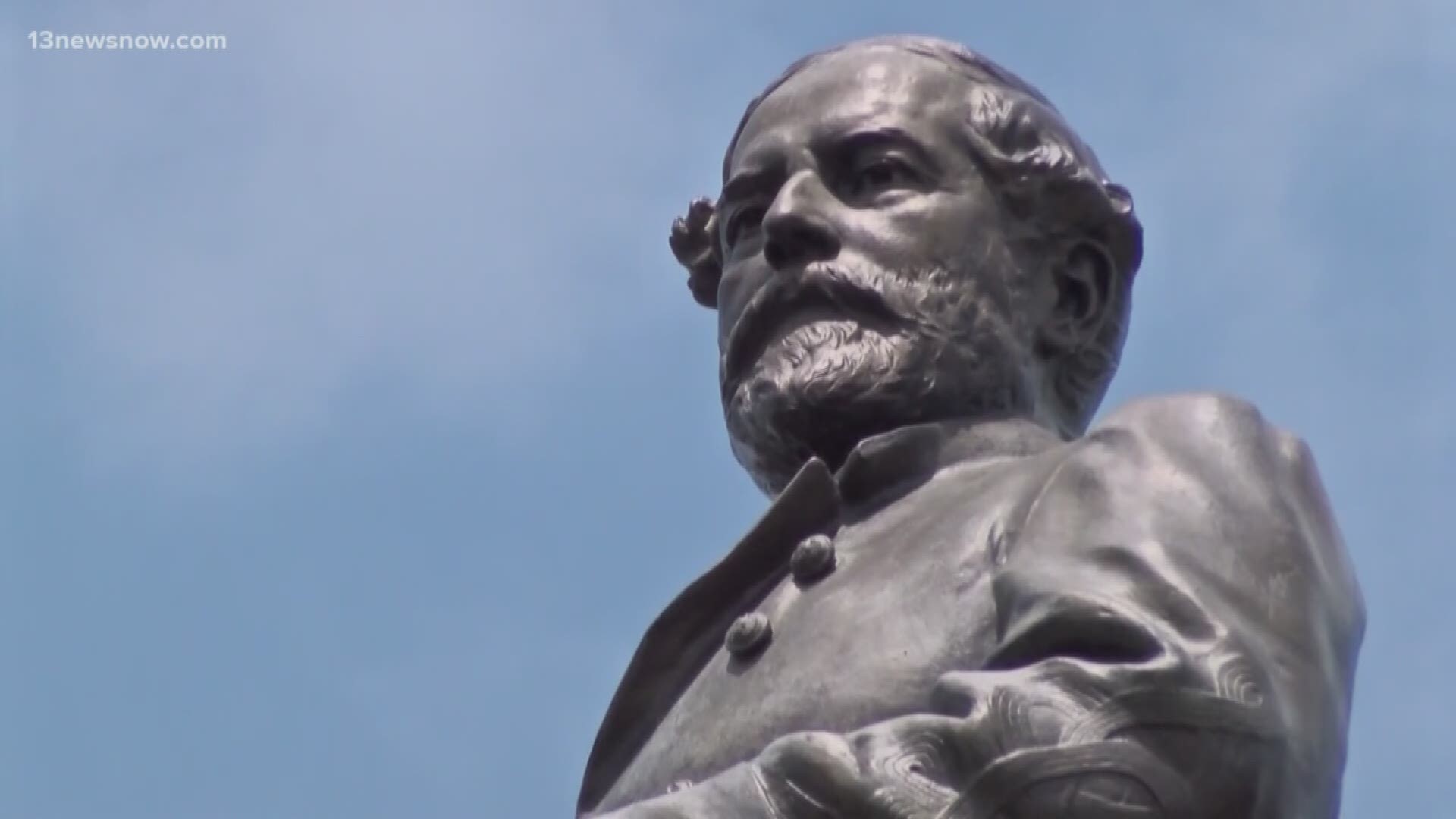RICHMOND, Va. — With a vote of 21 to 17, Virginia's State Senate passed House Bill 1537 but not without an emotional debate.
The bill gives localities the power to remove, relocate, or alter any monument or memorial for war veterans located in its public space, regardless of when erected. Current law makes it illegal to disturb such monuments or memorials.
At one point, Senator Mamie Locke (D-Hampton) became too emotional to finish speaking.
"They were erected as symbols of hatred. They were erected as symbols of Jim Crow. They were erected as symbols of defiance,” she said before pausing, her voice trembling. "I can't do this."
Richmond Senator Jennifer McClellan picked up where Locke left off.
"I think what you all are witnessing is the pain that some of these monuments inflicted on Virginia's black community when they were put up,” she said.
Both Senators reminded the chamber that most Confederate monuments were not erected immediately after the Civil War, but in the early to mid-1900s as a way to intimidate southern blacks.
Republican Jen Kiggans from Virginia Beach began the debate by asking her fellow lawmakers not to support the bill.
“I worry this bill has the opposite effect of what we are trying to achieve and is divisive and not healing, and sends the wrong message to our veterans and our veterans' families," she said. "I respectfully as you to oppose the bill.”
Chesterfield’s Amanda Chase called slavery evil but insisted that removing Confederate monuments would erase history.
“We remember our past and we learn from it,” she said.
Throughout the discussion, Democrat Lieutenant Governor Justin Fairfax presided at the dais but felt compelled by the legacy of slavery in his own family to speak up in favor of the bill right before the vote was taken.
"It has been amazing and ironic and shocking. The fact that we could repeat the racist mistakes of our past with no irony and no self-awareness and no courage to speak up... and I’m hopeful in this moment after this vote, we will have that kind courage," he said.
Negotiators from both the House and Senate will now sort out the differences between their versions of the bill before it can head to the Governor Ralph Northam’s desk.

